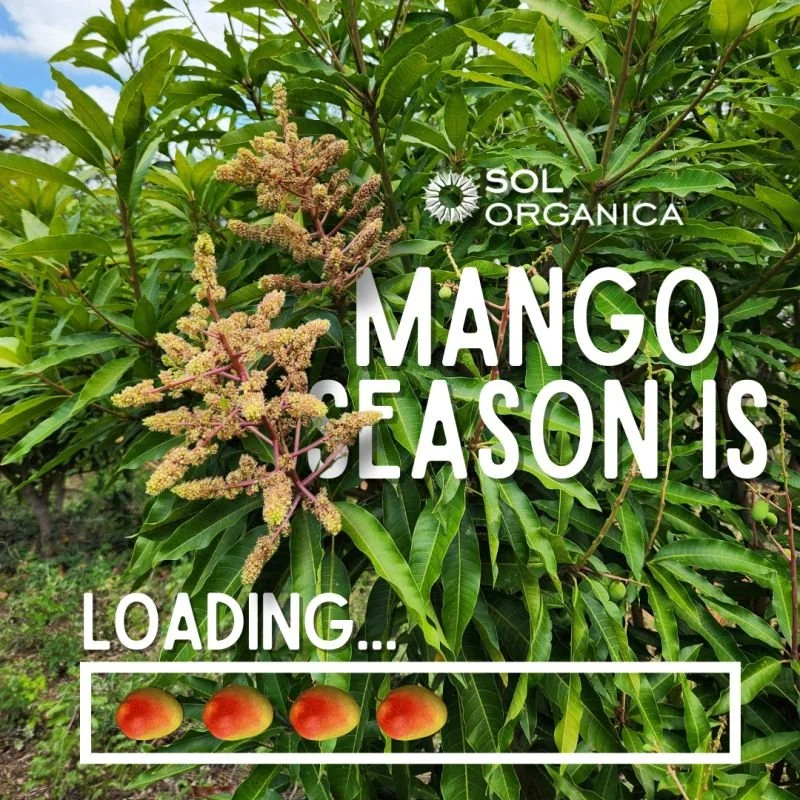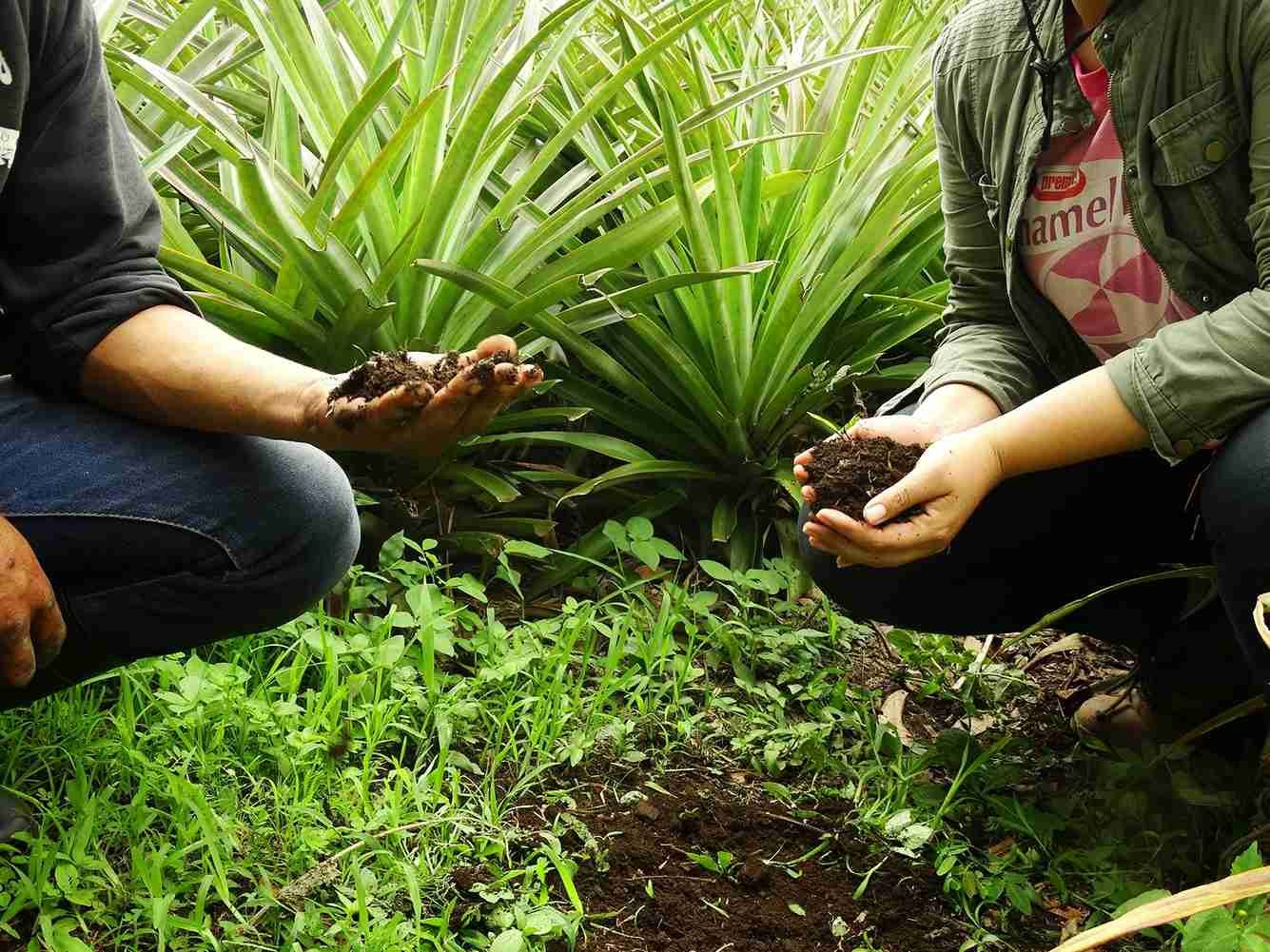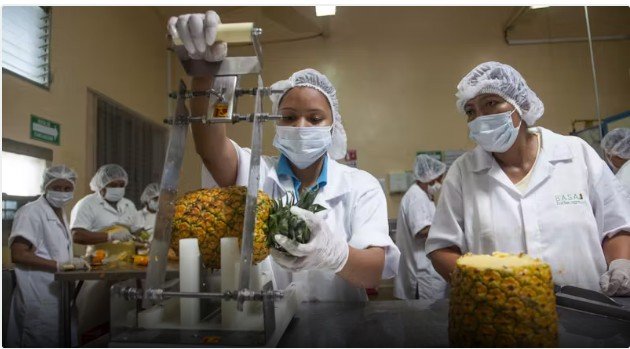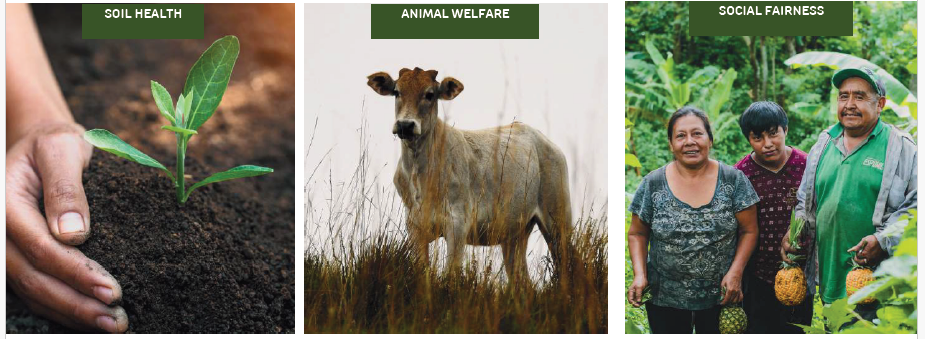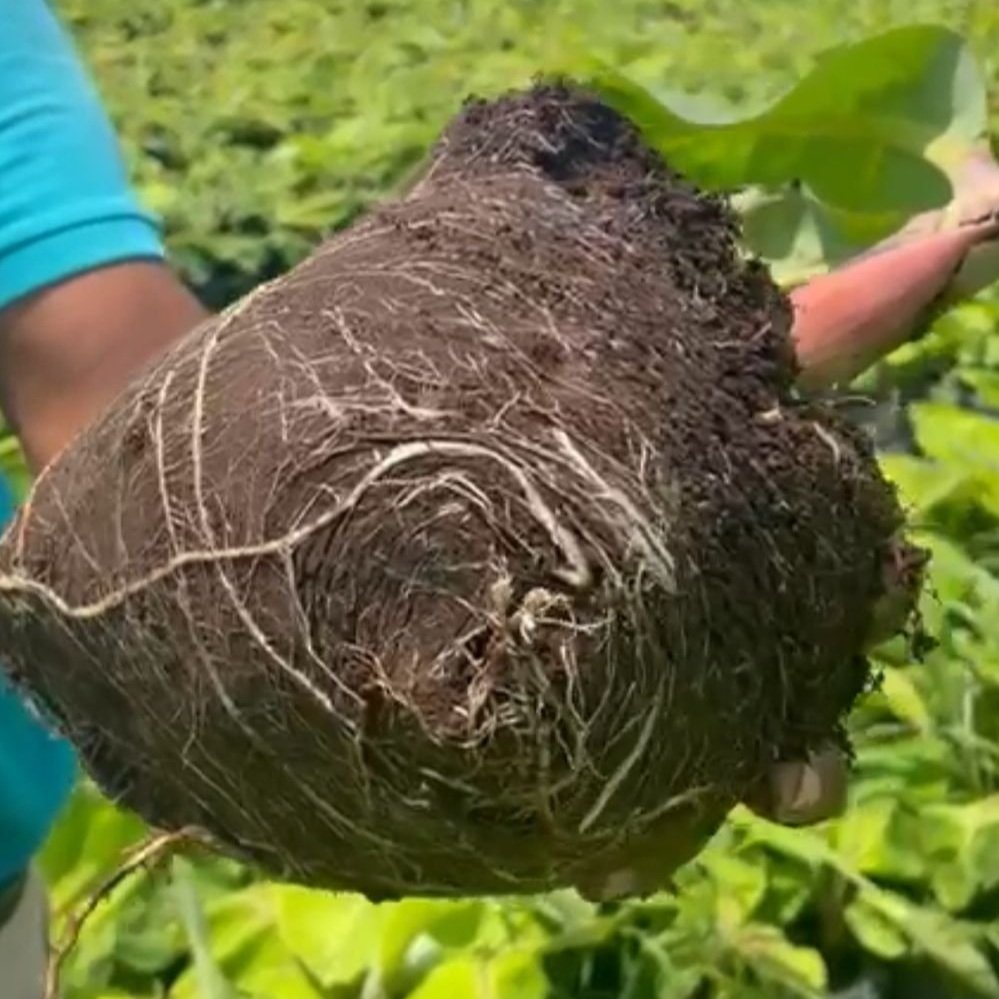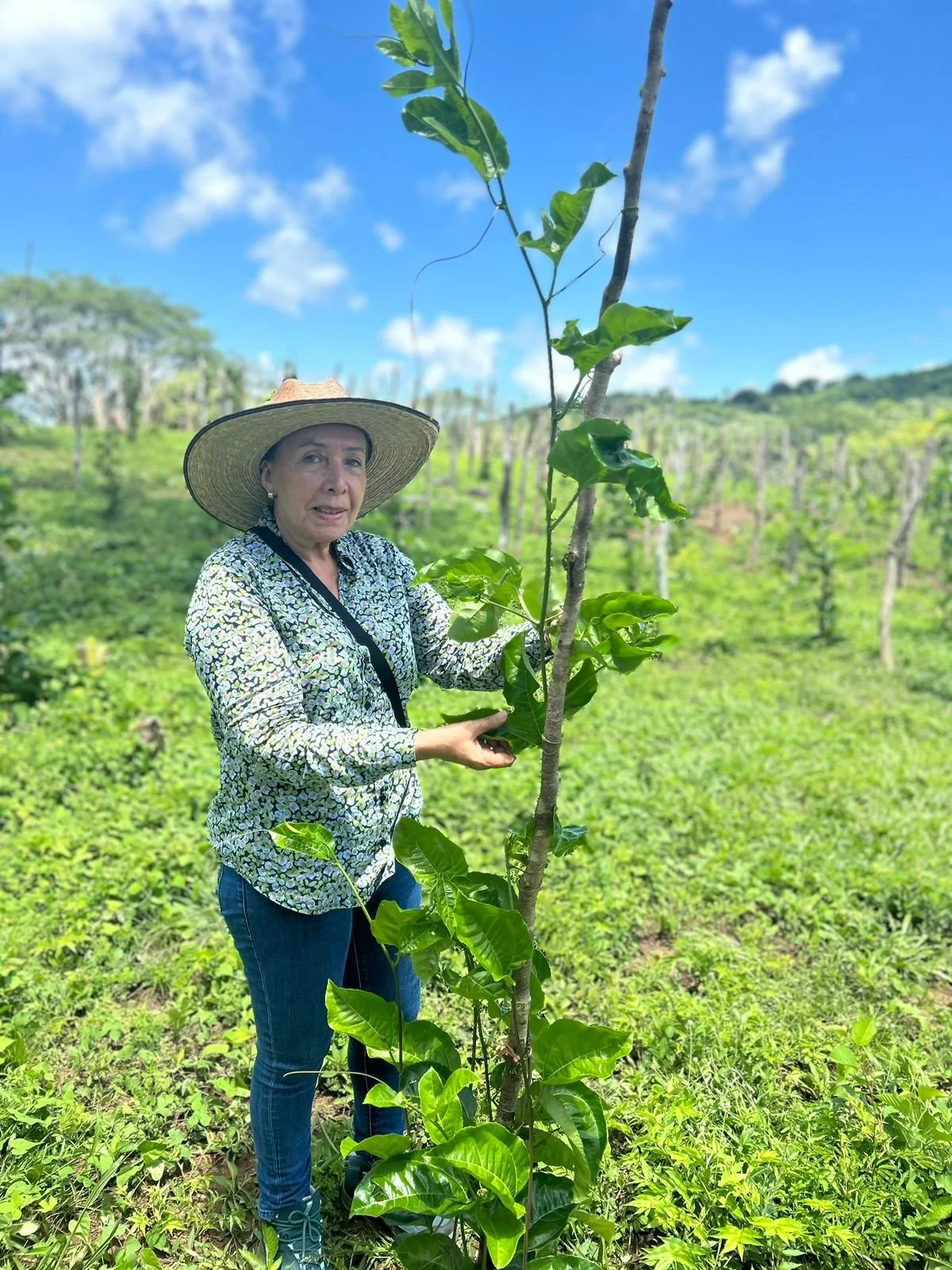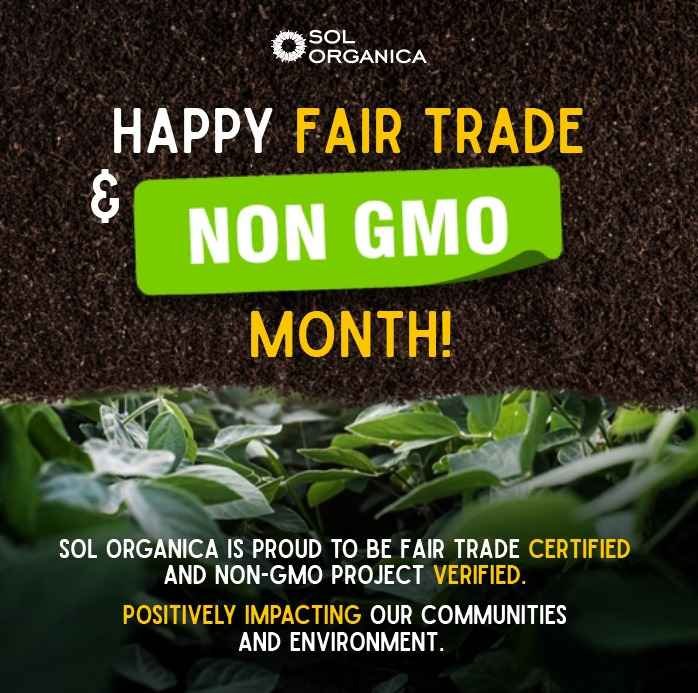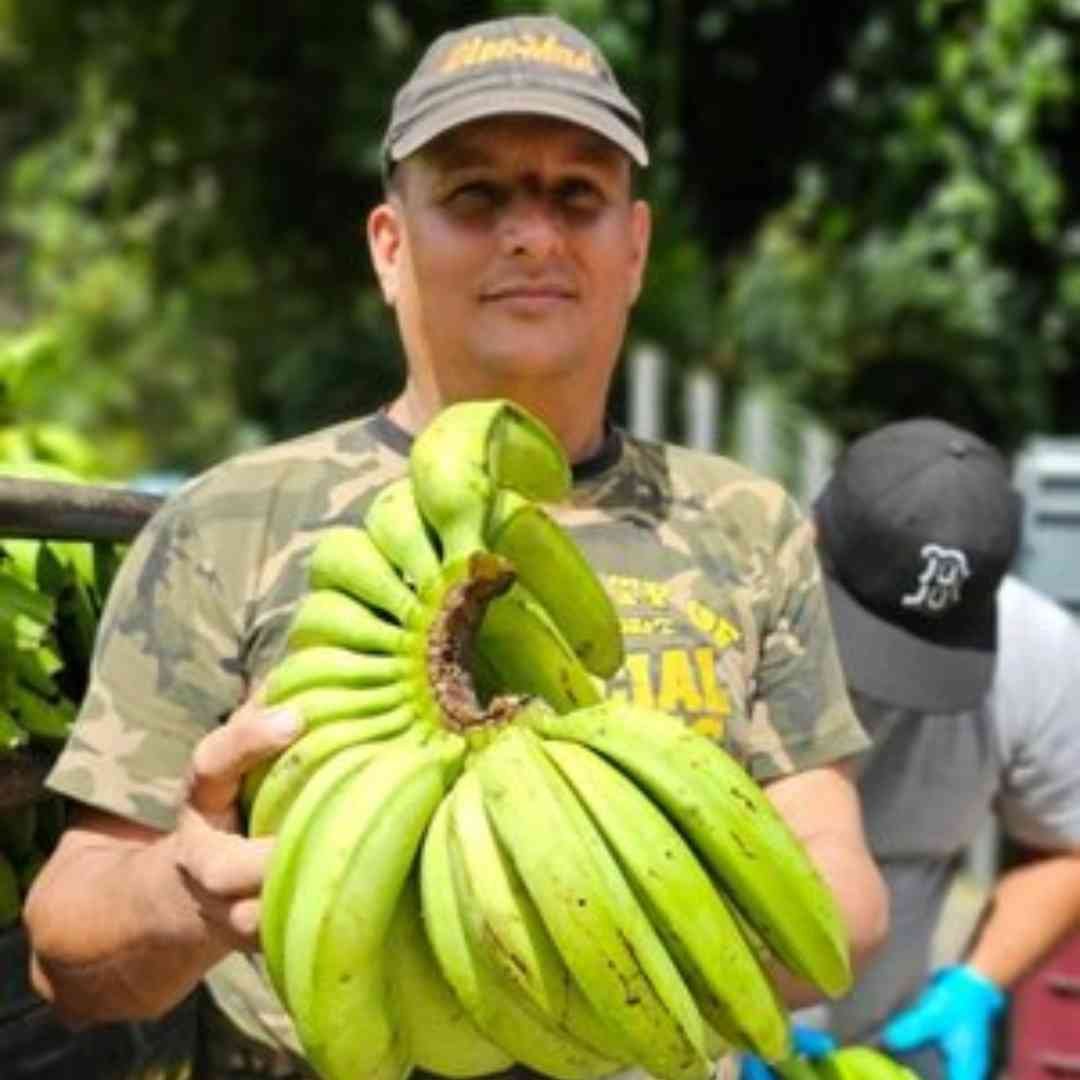Since our inception in 2007, Sol Organica’s goals and objectives have been to empower smallholder farmers and alleviate poverty in their communities, pioneer environmental stewardship through regenerative agriculture and sustainable farming practices, and promote gender equity.
As a business that believes in profit with a purpose, it is imperative that each year we assess our impact and address critical social and environmental issues. To ensure transparency and credibility in our impact measurement we engage third-party certification partners, such as; USDA Organic, Fair Trade USA, and Regenerative Organic Certified®, to name a few, who are experts at evaluating the complexity of food systems to raise the bar above status quo operations.
These assessments give us a clear and accurate evaluation of how and where we can improve our efforts and continue to create a powerful positive impact. While we are a small company, we have big ideas and have been building a foundation for impact through hard work and determination.
Impact Report 2023
People
Sol Organica was founded with a mission to build economic opportunities through community development and direct trade for smallholder farmers in Nicaragua. Farmers in Nicaragua have historically been disadvantaged due to a lack of proper infrastructure and transportation, which has led to poor market access and left them vulnerable to higher rates of poverty. Latest reports reveal that 50% of the population in rural areas are living in poverty.
How we Empower Smallholder Farmers
Source directly from farmers
Invest in community development projects
Train farmers on organic and regenerative agriculture/agroforestry
Provide technical assistance to improve quality and yields, mitigate pests and disease, and comply with fair trade, FSA, organic, and regenerative certifications
Build partnerships with customers, government entities, and NGOs to support social and environmental impact initiatives
Test and track soil and crop health
Our Farmers
We source our produce directly from both individual producers and cooperatives, with over a thousand farmers that we work with
throughout Nicaragua. We know our farmers by name, we know their goals, their challenges, their struggles, and their achievements, and we do a lot to support them and the communities where they live.
In 2023 we partnered with 994 independent farmers throughout Nicaragua, 85% of which manage farms smaller than 2 hectares and are considered smallholder farmers. Within this community of smallholder farmers, 242 acres are Regenerative Organic Certified® farmland.
Agronomy Team
We continually support our partnering smallholder farmers in the field with our agronomy team, who advise farmers on sustainable agriculture practices to improve land and crop quality, reduce input costs, and increase yields.
Based on business needs, training topics, and schedules are planned annually and can vary from an emphasis on certification procedures and recordkeeping to addressing productivity challenges, to incorporating new regenerative practices. In 2023 we held 94 trainings focused on productivity challenges and best harvesting practices, around 15 farmers attended each training with a total attendance of 1,370 farmers participating.
Fair Trade USA Certification
Another aspect of empowering farmers through our direct trade model is to help them qualify for certifications and cover the costs for fair trade, organic, ROC™, and FSA. By opting for Fair Trade USA certification we help shield producers from low market dips and contribute towards a community development fund.
During 2022 and 2023 due to inflation costs, we saw a decline in the demand for ROC™ fruits with customers opting for conventional options instead. As a result of this, in 2023 some of our farmer partners opted out of the certification, which led to a contraction in Fair Trade Certified hectares.
However, we expect the Fair Trade Certified hectares to rise again as this certification is required for ROC™ and the marketplace is continuing to find traction for ROC™ certified products. Additonally we will be enrolling more crops into the ROC program including coconut and dragon fruit, which are scheduled for ROC certification in 2025 and 2026.
Gender Equity:
Gender equity is an important area in our work and we are committed to advancing gender equity by empowering women within our value chain. This includes growing female representation in farming, management roles, and among factory workers.
In 2023 approximately 27%, which is around one-quarter of the smallholder farmers we work with each year were women who own their farms. This statistic has remained stable since 2022 with a 1% increase since 2021. Unfortuneately we saw a slight decline within our female plant workers, with numbers reducing from 57% in 2021 to 47% in 2023 and also a small contraction in managerial positions reducing from 37% in 2021 to 30% in 2023.
We aim to improve these statistics in the coming years by creating more job opportunities for women and also targeting female-focused initiatives.
Planet
As a social enterprise, we take a different approach to conventional food systems, which have been negatively impacting the environment for years. However, as pioneers of environmental stewardship, we incorporate organic and regenerative agricultural practices to deliver environmentally responsible products to eco-conscious consumers in the U.S. and Europe.
Organic and Regenerative Organic Certified Farmland
In 2023, 65% of 1,605 hectares across 994 independent smallholder
farmers, were USDA Organic Certified. The number of certified hectares slightly contracted from 2022 as some farmers who are still following organic practices opted out of the certification process due to the time-consuming recordkeeping requirements.
In 2022 we worked with farmers who had 1,046 hectares Regenerative Organic Certified, however, in 2023 one of our cooperatives which included 42 producers discontinued its regenerative certification efforts which led to a decrease of 146 hectares enrolled in ROC™.
B Corp Certification
Due to our continued expansion of environmental programs to transition hectares to regenerative agriculture, our B Corp qualification score improved by 11 points from the 102.6 score earned in 2020 to 113.6 based on the 2023 recertification process. In 2023 we were thirty-three points higher than the B Corp qualification score of 80 and nearly double that of an ordinary business.
Climate Crisis
This year, in response to the climate crisis, we were excited to launch our new composting program. In 2023, we began collecting data into a GHG Inventory tool to understand our emissions and environmental impacts associated with our value chain. This tool allows us to identify the areas with the highest emissions associated with our fruit processing operations. Food processing waste was our highest emission activity in 2023 and therefore an opportunity to pilot reductions by implementing a composting project in 2024.
The beginning step was to redesign our waste program which normally would take our food scraps; peels, seeds, and pith, to the landfill. Now, this waste is taken to nearby farms that can manage the volume we produce and compost it. This turns what would normally emit methane in a landfill into compost. This compost is now combined with manure and applied to passion fruit and dragon fruit farms that are beginning the early stages of regenerative practices.
Future Impact goals:
We aim to further expand the Regenerative Organic Certification and in 2024 we began Fair Trade certification for coconut and dragon fruit farms with goals to have ROC-certified coconut farms by 2025 and ROC-certified dragon fruit farms by 2026. For the certification of ROC, farms must also hold organic and social fairness (Fair Trade) certifications.
Our Passion fruit growers will be introduced to more regenerative practices such as compost application and pollinator habitats and we will be expanding FSA certification to new passion fruit growers.
To track and measure ecological and social impacts we will continue robust data collection and metrics identification efforts. This will include continuing our GHG reduction efforts at our Sol Organica, S.A., processing plant where we have developed a GHG inventory tool to reach Net 0 by 2030. Measure and report on GHG reductions gained by composting food scrap waste instead of landfilling it. Measure and report GHG reduction efforts gained by powering storage containers with electricity instead of diesel. And install photovoltaic solar panels at our processing plant in order to increase our electricity consumption from renewable sources as well as establish targets for other ESG metrics to report against.
To further help us achieve our goal of Net 0 by 2030 we participated in a 2024 Climate Accelerator program for selected Central American B Corps to enhance our climate impact management and improve access to financing and investment for projects.



